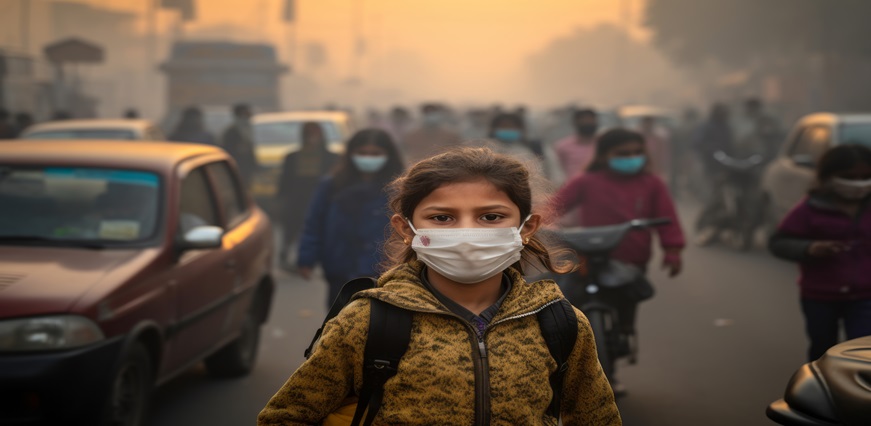Tobacco-style public health campaigns are needed to spell out the full extent of the harms of ultra-processed foods, argue public health experts in the open-access journal BMJ Global Health.
Despite strong evidence linking these products to serious health consequences, the public is in the dark about the real dangers of these 'foods' and have likely been bamboozled by clever industry marketing tactics, say the authors. More and stronger health warnings are needed to enable consumers to make healthier choices, they urge.
Ultra-processed foods have been chemically or physically transformed using industrial processes. They are high in salt, sugar, and saturated fats and usually take the form of packaged foods that are ready to eat, contain more than 5 ingredients, and have a long shelf life.
“The industrial processing, as well as the cocktail of additives, flavours, emulsifiers and colours they contain to give flavour and texture, make the final product hyperpalatable or more appealing and potentially addictive, which in turn leads to poor dietary patterns,” explain the authors from global health organisation, Vital Strategies.
More than half the total calories consumed in high-income countries come from ultra-processed foods, which are “among the most aggressively promoted and marketed products in the world,” with rapidly growing sales in low- and middle-income countries. Therefore, billions of people are likely to be at heightened risk of type 2 diabetes, heart disease, stroke, depression and death, as a result, say the authors.
The authors' research in Colombia and Brazil indicates that while people might not recognise the term ‘ultra-processed products,’ they do recognise that these products are harmful.
Nevertheless, their own research shows that these products are also associated with positive emotions, such as satisfying cravings, being tasty and bringing joy, all of which might be the result of “decades of persuasive marketing by the food industry,” suggest the authors.
“Much as marketers build a brand, the public health community needs to build meaning around the term ‘ultra-processed’," which experts in this arena have yet to do. "The public health community has been notoriously negligent of public health messaging and branding,” they say, citing the term ‘non-communicable disease’ as an example.
This is “a clunky, technical term that defines an important category of diseases—cancer, heart disease, diabetes and more—by what they are not, and is little known outside public health circles,” they write.
But the success of tobacco control offers a useful lesson in how to tackle this major health threat, they say. It’s a shining example of “huge policy wins and strong public understanding of the consequences of consuming a dangerous product,” they suggest. “Much of this success is a result of using tried and tested marketing techniques, coupled with a faithful adherence to the science of tobacco’s harms,” they explain.
“It’s time to invest in establishing the negative brand identity that ultra-processed foods and beverages deserve. We could start by taking lessons learnt from tobacco control to build public awareness and campaigns that reveal the true nature of these products and the looming threat to consumers’ health,” they write.
Alongside public education directly linking these products to serious ill-health, front of package warning labels, already adopted in some countries, could be further strengthened by incorporating an ultra-processed warning label “to signal an independent, additional measure of unhealthiness,” they suggest.
“If we are to stave off the devastation to our food system and our health, governments, with the support of the global public health community, need to urgently implement effective strategies that lead to decreasing consumption of these unhealthy products and enable healthier choices,” they insist.

 Public in the dark about these heavily marketed products; more and stronger health warnings needed, urge public health experts
Public in the dark about these heavily marketed products; more and stronger health warnings needed, urge public health experts











.jpg)







.jpeg)


.jpeg)



.jpeg)
.jpeg)






.jpeg)





